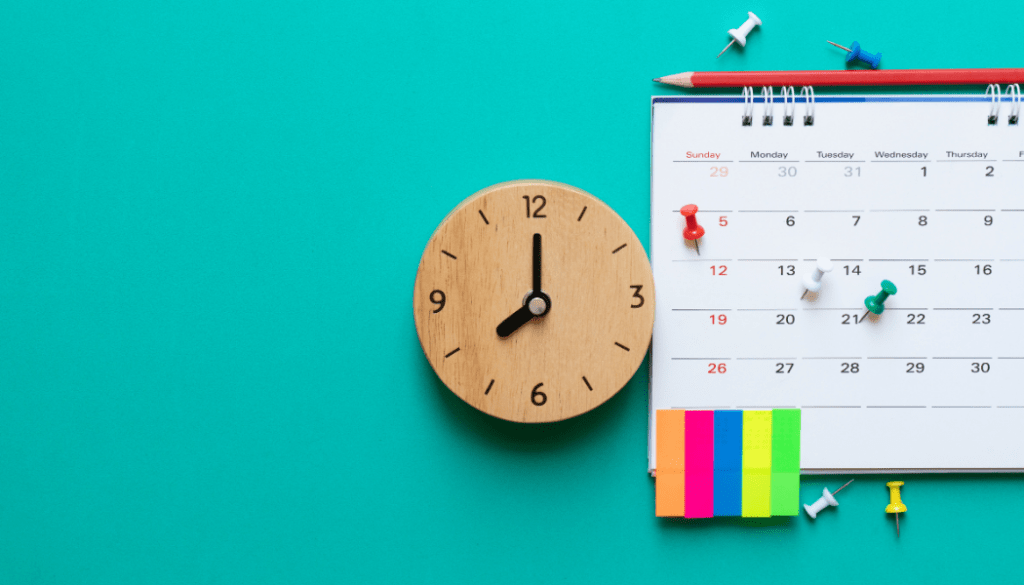Get Organized. Get Better Grades
Often, when students are struggling in a class, the first issue we identify is the student’s lack of organization. Here are some practical tips that will help you get organized and improve your grades…
Binders and Folders
 Students should have a folder or a binder dedicated to each class. All of the material for a particular class should be in a folder or binder dedicated to that class. Casually placing papers in the backpack should be avoided. Misplacement of materials happens more often than some students realize, leading to overlooking critical assignments (placing a science worksheet in a language arts folder or in a random area of a backpack). Have a dedicated place for assignments, notes, and study guides, organized by class.
Students should have a folder or a binder dedicated to each class. All of the material for a particular class should be in a folder or binder dedicated to that class. Casually placing papers in the backpack should be avoided. Misplacement of materials happens more often than some students realize, leading to overlooking critical assignments (placing a science worksheet in a language arts folder or in a random area of a backpack). Have a dedicated place for assignments, notes, and study guides, organized by class.
Time Organization with Goals
 Another important organizational skill is time management with goals through the use of a planner or organizer. Here is a simple but effective approach to using a planner:
Another important organizational skill is time management with goals through the use of a planner or organizer. Here is a simple but effective approach to using a planner:
Use your planner to schedule all of your assignments, scheduling each assignment on the day they are due. Allocate time for completing the assignment or project in the planner on days prior to the due date, respective to the amount of time estimated to complete the assignment, adding a buffer to review more complex projects. As an example, if you estimate three hours are needed to complete a project due on Oct 15th, you could schedule an hour of work on the assignment for each day of Oct 11th, 12th, and 13th, and a 30-60 minute time slot on Oct 14th for a final review of the project.
Take the same approach for exam prep, first using your notes and a study guide to identify what is needed to be accomplished, or memorized by the exam date. Having specific goals of what is needed to be accomplished is critical. Then, use your planner to allocated the estimated study time needed to achieve your goals, mapping out study time days in advance. Plan more time than you think you will need, and time for final review, as you will need it!
Apply this approach for all classes, applied to all respective assignments, quizzes, and exams. Make good use of lists for summarizing what needs to be accomplished and known.
Prioritize, Allocate, and Commit!
By default, properly using an organizer will help you prioritize but it’s good to proactively prioritize your projects and study time on a consistent basis. An uncompleted assignment that is due at 11:59pm on that day should take a top priority, while a complex assignment that is due later in the week should be prioritized, but over the next few days, allocating time to complete as described above. Finally, you have an important exam next Friday. A review of your notes and study guide will help you determine what needs to be accomplished to get an A on that exam, and where to prioritize time for each topic. Create a list of these goals, breaking them down, dividing them by the upcoming days; Monday – Wednesday, leaving time for a thorough review on Thursday. As you accomplish your list of goals each day, check them off. This helps students set goals and visually see what needs to be accomplished each day.

Do the work. While the above may seem simple and obvious, many students simply don’t do this. Using these tips will make a measurable impact on your performance. “A” students are often perceived as being smarter than other students but the reality is, realistically, they are very organized and take an organized approach to get the work done!
Contributed by one of our fantastic tutors, Josephine.





